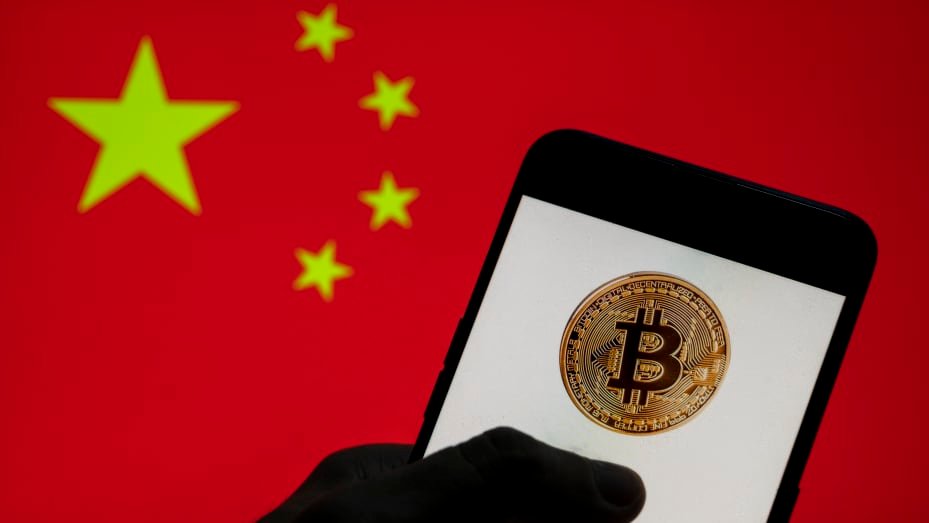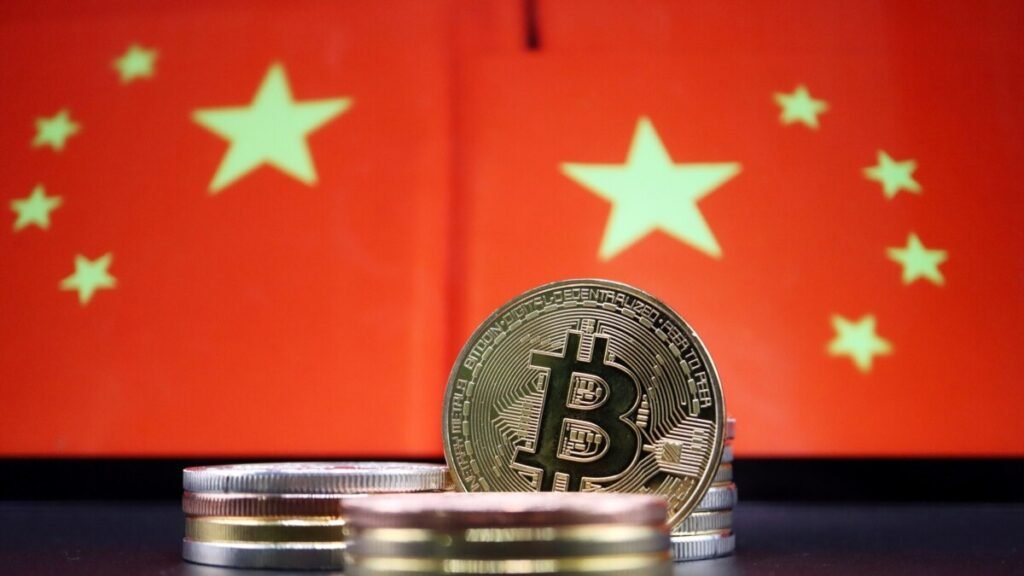I was genuinely surprised when I learned about China’s cryptocurrency ban on Finanzas Domesticas. As someone invested in digital currencies, I’m now rethinking my financial strategies.
Finanzas Domesticas provides insights into China’s decision to ban cryptocurrencies, exploring the reasons behind the ban and its global impact.
In this article, we will dive into the implications of China’s cryptocurrency ban. We’ll explore the reasons behind this decision and what it means for investors globally.
Why did China ban cryptocurrencies?
China banned cryptocurrencies primarily due to concerns over financial stability, fraud, and illicit activities such as money laundering.
The government also aimed to curtail the speculative risks associated with the highly volatile nature of digital currencies, which could potentially destabilize its financial system.
By banning cryptocurrencies, China also seeks to maintain control over its financial markets, preventing capital flight through unregulated digital assets.
The government wants to ensure that its economic security remains intact while safeguarding investors from the risks posed by unregulated cryptocurrency trading and mining.
How has China’s ban on cryptocurrencies impacted the global market?

China’s ban on cryptocurrencies has caused significant turbulence in the global market, leading to sharp declines in the value of major cryptocurrencies like Bitcoin and Ethereum.
This has created a ripple effect, with increased volatility and uncertainty among global investors, making it difficult for traders to make informed decisions.
In the long term, the ban could lead to increased regulation and stability within the cryptocurrency market.
However, there is also concern that other countries may follow China’s lead, which could further disrupt the industry and its global adoption.
What are the alternative investments for Chinese citizens following the cryptocurrency ban?
Following the ban, Chinese citizens are exploring alternative investment options such as stocks, real estate, and precious metals like gold and silver.
These assets are considered less volatile than cryptocurrencies and can provide long-term financial security.
Additionally, peer-to-peer lending platforms are gaining popularity as they offer higher returns compared to traditional savings accounts.
By diversifying their investments, Chinese citizens can navigate the financial landscape more effectively in the absence of cryptocurrencies.
What are the short-term effects of China’s cryptocurrency ban?
The short-term effects of China’s cryptocurrency ban include a sharp decline in cryptocurrency prices and increased market volatility. Investors are reacting cautiously, leading to fluctuations in the market as they reassess their portfolios.
China’s move has also triggered a global conversation about the future of cryptocurrencies, with many wondering whether other countries might implement similar restrictions. This has created a sense of uncertainty in the market, influencing short-term trading decisions.
Read: Are Traveller Batteries Any Good – The Portable Energy Power!
How has the cryptocurrency community reacted to China’s ban?

The cryptocurrency community has responded to China’s ban with a mix of concern and resilience. While some view it as a significant setback, others see it as an opportunity for the market to innovate and decentralize further.
Experts are divided on the long-term impact of the ban. Some believe it could drive adoption in other regions, while others worry it may hinder global cryptocurrency growth.
However, the community remains optimistic about the future, viewing the ban as a challenge to overcome rather than an insurmountable obstacle.
Could China’s ban lead to increased regulation of cryptocurrencies globally?
China’s ban could indeed lead to increased regulation of cryptocurrencies on a global scale. As one of the largest markets for digital currencies, China’s decision may prompt other countries to reconsider their stance on cryptocurrency regulation.
This increased oversight could bring more stability to the market, but it might also stifle innovation and reduce the appeal of cryptocurrencies as decentralized assets. The global community is closely watching how other nations respond to China’s move.
What impact will China’s cryptocurrency ban have on Bitcoin’s future?
China’s cryptocurrency ban has already led to a significant drop in Bitcoin’s value, raising concerns about its future.
However, Bitcoin has weathered similar storms in the past and could potentially recover as the market adapts to the new reality.
In the long term, Bitcoin’s future will depend on how the global community and regulatory bodies respond to the ban.
If other countries follow China’s lead, Bitcoin could face further challenges. On the other hand, if the ban spurs innovation and decentralization, Bitcoin might emerge stronger.
How might China’s ban affect the adoption of cryptocurrencies in other countries?

China’s ban might slow down cryptocurrency adoption in other countries, especially if governments view the ban as a precedent for increased regulation.
This could lead to a more cautious approach, with stricter controls on cryptocurrency trading and mining.
However, the ban could also have the opposite effect, encouraging other countries to position themselves as crypto-friendly hubs to attract investment and innovation.
The global impact will depend on how individual nations choose to respond to China’s decision.
What are the long-term effects of China’s ban on cryptocurrencies?
The long-term effects of China’s ban on cryptocurrencies are still uncertain. While the immediate impact has been negative, leading to market volatility and price drops, the ban could lead to greater regulation and stability in the future.
Some experts believe that the ban could stifle innovation and slow the global adoption of cryptocurrencies. Others, however, argue that it might drive innovation elsewhere, leading to a more resilient and decentralized market in the long run.
Can cryptocurrencies survive without China’s involvement?
Cryptocurrencies can survive without China’s involvement, though the road ahead may be challenging. China has been a significant player in the market, and its absence could lead to short-term instability.

However, the decentralized nature of cryptocurrencies means that they are not dependent on any single country.
If the global community adapts to China’s absence by fostering innovation and supporting regulatory frameworks, cryptocurrencies could continue to thrive despite the ban.
Read: Can Electricity Travel Through Rubber – Unveil The Mystery!
FAQs:
Will China’s cryptocurrency ban be permanent?
While the current ban is in place, future regulatory changes could potentially modify or lift the restrictions, depending on global trends.
How has China’s ban impacted cryptocurrency miners?
The ban has forced cryptocurrency miners in China to cease operations or relocate, significantly disrupting the global mining landscape.
What are the alternatives for Chinese investors after the ban?
Chinese investors are turning to traditional assets like real estate, stocks, and precious metals to diversify their portfolios post-ban.
Could China’s ban influence other countries to follow suit?
China’s decision might inspire other nations to impose stricter regulations on cryptocurrencies, potentially altering the global regulatory environment.
Conclusion:
Finanzas Domesticas offers a detailed analysis of China’s cryptocurrency ban, shedding light on the factors driving the decision and its repercussions worldwide.
Read: Are Traveler Winches Any Good? – Everything You Need To Know!




